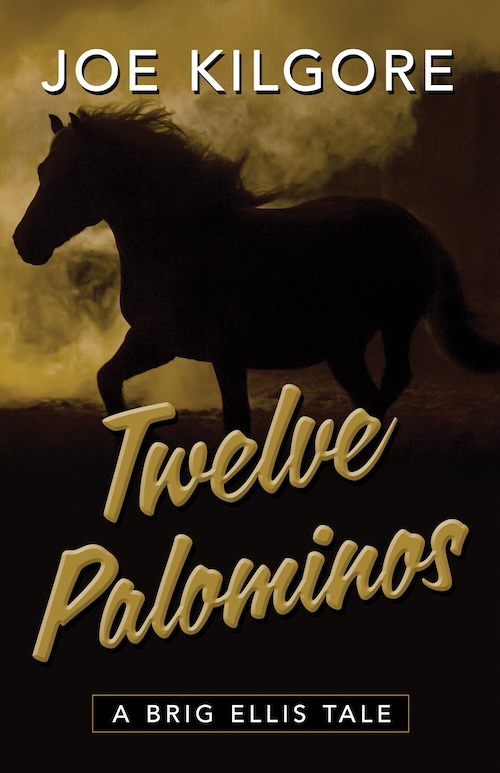It’s a Greene world after all
This post is in praise of Graham Greene. Many consider him the foremost novelist of the 20th century. They are probably correct. His literate, insightful “entertainments”, as he often referred to them, present snapshots of the world circa 1930 to 1990. Many of Greene’s most memorable novels take place in what has often been described at Greeneland, some backwater in a third world country filled with deceit, treachery, lost love and/or lost illusions.
A listing of his more popular novels reads like a panoply of the last century. The Heart Of The Matter (Africa), The Ugly American (Southeast Asia), The Comedians (Haiti), The Power And The Glory (Mexico) The Burnt Out Case (Congo) The Human Factor and The End of The Affair (London). Our Man In Havana (Cuba). These are only some parts of the world that Greene passed through and chronicled in fiction ranging from nobility to cowardice to most of the other behaviors in between. His screen story of The Third Man (Vienna) still stands as one of the most beloved movies of the postwar period. That war being WW II.
Green could write pulp with the best of them. The famous Alan Ladd vehicle This Gun For Hire was based on a Graham Green novel. He was no stranger to satire and comedy, Monsignor Quixote, though his much of his power had left him by the time of that penning. And certainly intrigue was always part of the equation in novels like The Honorary Consul and The Human Factor.
But Green was at his best when wrestling with the inner demons that plagued men’s souls at the same time they were having to deal with love, lust, boredom, honor, bravery and the complex nature of humanity itself.
Born and raised in England he came to personify the aristocratic British type. All silver tongue, poison pen and pitch perfect diction. He didn’t care too much for America or Americans. The rise of the USA seemed to parallel the decline of the British Empire and while he viewed the latter with seemingly detached indifference, one can’t help but wonder if the countries change in fortunes skewed his view of the former’s ascendency.
Rapier wit, an incredible ear for dry, droll dialogue and a relentless honesty regarding guilt and all its attendant emotions enabled him to cut to the bone with his prose and his stories of all too human beings in all too inhuman circumstances.
Some bookstores still have Graham Greene sections, though not enough. Regardless of whether he was writing in the 30’s, 40’s, 50’s 60’s 70’s or 80’s, his stories are as involving and illuminating today as any thing you’re likely to read from this century.
Make a point of becoming acquainted with Graham Greene and his marvelous novels, if you’re not already. If you are, I need not encourage you to revisit them from time to time. The Fiction Fortune hunter certainly does, and always to my benefit.
For an exceedingly thorough and engaging biography of Graham Greene, read The Enemy Within by Michael Shelden. It frequently reads like one of Greene’s “entertainments.”
